Student Opinion: Outlaws
Because of their potential to reach a broad audience with their content, books have been the center of discussion for concerned organizations wishing to censor their subject matter. Unfortunately, literary censorship is still prevalent in contemporary society. In an effort to combat this, The American Library Association (ALA) continues to fight for freedom of expression through their annual list of challenged books.
The most challenged books of 2018 were George by Alex Gino and Thirteen Reasons Why by Jay Asher. The former was “banned, challenged, and relocated because it was believed to encourage children to clear browser history and change their bodies using hormones, and for mentioning ‘dirty magazines,’ describing male anatomy, ‘creating confusion,’ and including a transgender character.” States the ALA. “[the book] Banned, challenged, and restricted for addressing teen suicide.”
These and the other challenged books are done so under the guise of protecting potential-usually young- readers. They argue that readers will be sensitive to the themes inside and therefore will be damaging. Reasons for challenging books range from inappropriate language to overt sexuality, but one thing remains constant: those of authority try to keep material they deem inappropriate from readers who really have no say in the matter.
Because of the continuing trend of censorship, it’s important to combat these threats to freedom of expression by exposing those who try to silence others and analyzing why this is so.
George by Alex Gino was challenged in a number of communities, notably two public school districts in Oregon. They pulled their students out of a state-ran reading program due to the controversy surrounding one of the books. Administrators believed the characters were too severe for kids, and that Gino’s endorsement of lying to one’s parents would set a bad example for the young impressionable minds. The school districts made their own version of the reading program with its own curriculum.
Although the reasons above were the reasons given for pulling out, a few concerned parents relieve the truth of the matter: George was ultimately challenged for featuring a transgender child, a subject they clearly did not want to spend the effort on sorting through with their kids.
Despite the fact they were successful in censoring this book, a lesson can be taken from this situation. Be it the issues that arose around characters, lying, or being transgender, the actual reason for challenging this book is to remain in control. These school districts and parents of kids at these districts decided what others under their guidance could or could not read, an enormous injustice and disservice to the children. Taking away a child’s opportunity to read something because they are personally offended by the content or too lazy to talk through it with your kids is inexcusable.
Censorship also surrounded the book Thirteen Reasons Why by Jay Asher. In Colorado, the Mesa County Valley School District’s concern with this novel was that it romanticizes suicide. Following seven suicides in the district, the decision was to pull the novel from libraries (even though there was no evidence to link these). An action to which the librarians were up in arms over, accusing the school board of censorship.
Unlike George, which had no direct impact on the lives of students, the claim with Thirteen Reasons Why was it posed a life-threatening message that it was romantic to kill oneself. The concern for the lives of students is admirable but misguided. By banning this novel, it only increases the probability that kids will read it or hear about it, and keep their knowledge under wraps. A book containing such impactful content like this should not be brushed under the rug; it should be talked about at length. Yes, it is a tragedy and very alarming when children commit suicide, but perhaps a suicide could have been prevented had the community had an open dialogue about this book; addressing the issue, not hiding it.
When communities censor books, all they’re doing is making them harder to talk about, leaving the issues within the pages unaddressed and up for a young mind’s unguided interpretation. A much wiser, realistic approach for the people who wish to censor is not to hide subject matter they want to keep from potential readers, but to have an open, non-judgmental conversation about what the books mean. Not only is censorship a violation of the First Amendment, but it is also an enormous disservice to those who affected by it.



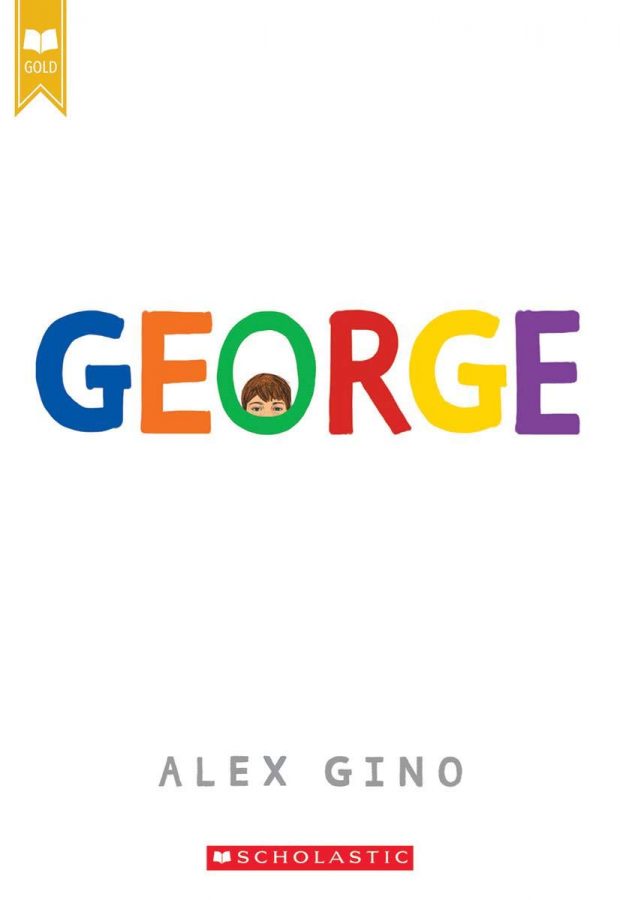
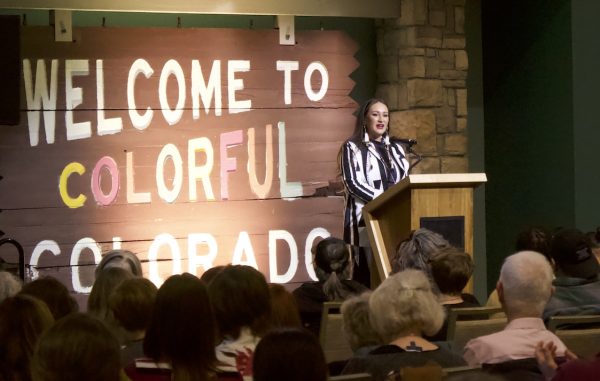




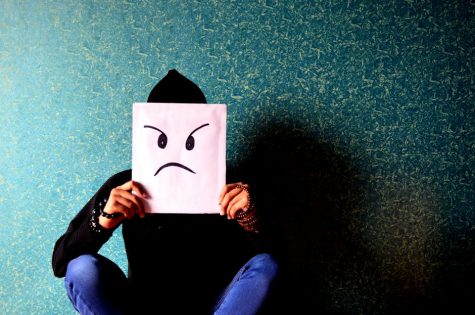





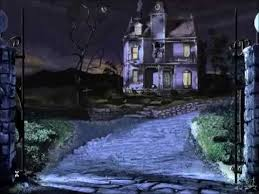
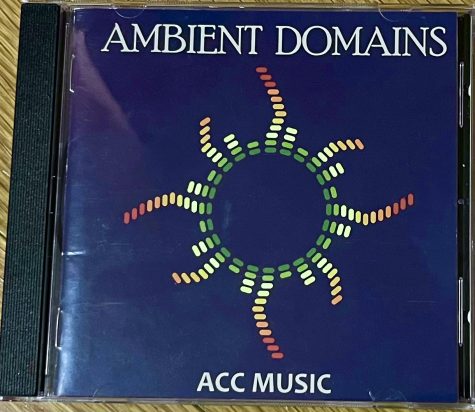

Erica Henningsen • Sep 26, 2019 at 7:47 pm
I love the book, George. I read it out loud to my kids who were 8 and 10 at the time. We had great conversations about differences in identity and the importance of supporting and loving our friends, especially when they are struggling. And they expressed so much empathy toward the main character. I highly recommend it! (Psychology Professor at ACC.)